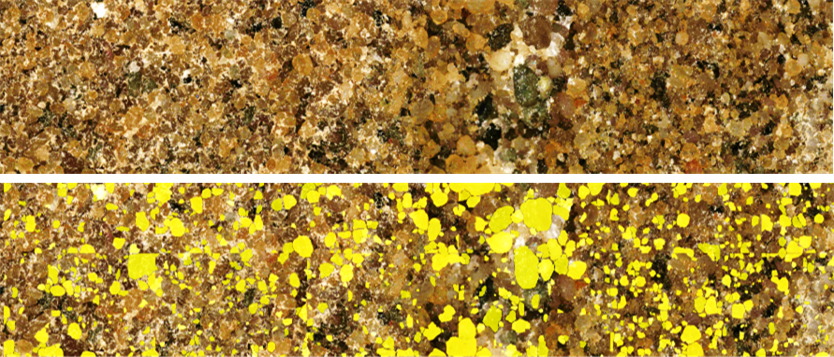At #DIGEX2019, which kicks off on Wednesday the 30th of January in Oslo, Sam Tilley, Project Manager at Schlumberger, will talk about new digital technologies that can provide greater and faster insights in our subsurface workflows. Artificial intelligence, cloud computing and machine learning are driving faster turnaround times in the Exploration-to-Production life cycle.
First, he talks about the data challenge i.e finding, integrating and visualising data. Cloud computing and intelligent data correlations and access enable the integration of millions of data objects at any scale and visualisation of those. It also enables automated mining of unstructured data.
In the geophysics domain bottlenecks present themselves in seismic processing and interpretation. Integrated cloud platform services provide access to almost unlimited compute power to tackle computationally intensive tasks, resulting in faster end-to-end processing and interpretation workflows. Processing can be optimized by machine learning and analytics, which offer insight from decisions by experienced geoscientists. In seismic interpretation, deep convolutional neural networks are achieving significant successes in the areas of seismic horizons, faults, facies, zones and geobodies. These neural networks can be trained to predict across seismic cubes in a matter of hours, generating high-quality picks.
Typical challenges in the wellbore domain are for example, well logs from many diverse vintages with missing/corrupted sections. Numerous machine learning techniques have been developed by Schumberger that can be trained on just a few wells and used to predict across many wells throughout a basin.
It all seems a bit too good to be true- is it really that easy to apply these new computer technologies to the subsurface workflows? Tilley adds it is not that straightforward to develop and apply these new technologies, but it needs focused multidisciplinary teams to obtain significant benefits from it.
Schlumberger has another presentation at #DIGEX2019 by Guido Van der Hoff, entitled “A New Data Ecosystem that Empowers a Cognitive Environment for Exploration and Production”.






